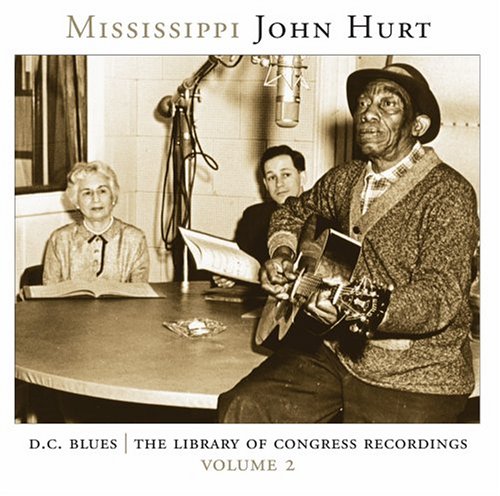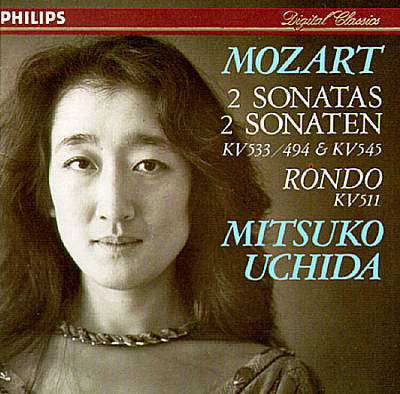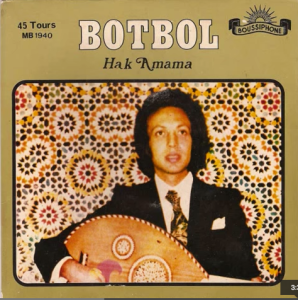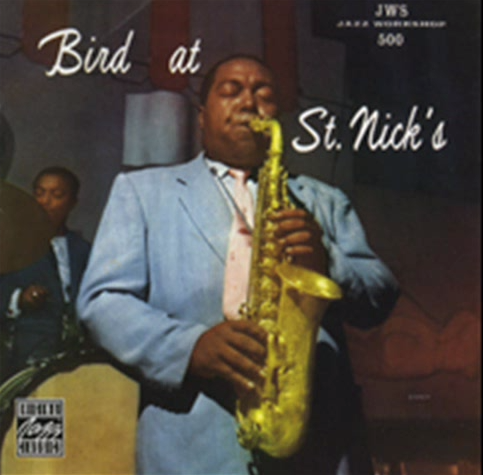Wildcard - Emily Intersimone

This piece was the winner of the 2013 Pulitzer Prize for Music, and at 30 years old, Caroline Shaw was the youngest person to ever win a Pulitzer for music. It has four movements based around a classical partita form. The piece is a really disarming combination of musical extremes; monophony and polyphony, consonance and dissonance. It contains a few lyrics from wall drawing directions by Sol Lewitt (the whole piece was inspired by his work, as Shaw stated in an interview with NPR), but for the most part it is wordless vocal. Even with all of these disparate elements, though, the piece moves very fluidly from one moment to the next.
“4 Pieces” was written particularly for Roomful of Teeth, an 8-voice a cappella group specializing in contemporary music, and their performance is extraordinary. The piece utilizes a lot of extended vocal techniques, especially folk techniques like throat singing, but they are never used in a way that feels gratuitous; they always feel appropriate to the moment. Shaw has some excerpts of the score on her website which demonstrate the various ways that they notated these techniques, if you're curious.
This is the kind of music where you'll want to set aside 30 minutes to just sit and listen.
Fire & Grace - Alasdair Fraser and Natalie Haas
These two folk musicians have been playing together as a duo for 16 years now; Fire and Grace was their first album together and is my favorite of theirs. Despite having a pretty limited instrumentation – just Fraser on fiddle and Haas on cello – this album contains a diverse selection of tunes. “Calliope Meets Frank” is uplifting and invigorating; “Josefin's Waltz” is sweet and gentle; and “Rob Roy Crosses the Minch” is suspenseful. While their repertoire on this album is mostly traditional or contemporary Scottish tunes with a couple originals and contemporary tunes, they do play music from other folk traditions, particularly from Scandinavia.
Having studied the cello for a handful of years, I am in particular awe of Haas's playing. She can go from playing beautifully phrased melodies to creating awesomely funky grooves to accompany Fraser's fiddle lines. I saw them in concert last week and they were great; I certainly recommend seeing them live if you have the chance.
I've never really listened to PJ Harvey before, but I recently heard her song “Catherine” for the first time and was so intrigued that I had to seek out more of her stuff. This album has more edge in its sound and songwriting sensibility than is usually my taste, but I'm really enjoying that. It's mostly very spare, with songs that sometimes only contain a couple different verses and a chorus and moments where it's just vocals, guitar, and soft percussion, as on “Catherine” and “Is This Desire”. At some times, though, the songs can sound quite lush; “The Garden”, with its organ pads and piano stabs, reminds me of some parts of Brad Mehldau's Largo. Some of the harder-rocking tracks, like “My Beautiful Leah” are a little too fuzzed-out for me right now. Who knows though, I might listen to them again in a few months and love it.
“The River” is my current favorite on the album with a chant-like melody and the chorus, “throw your pain in the river, leave your pain in the river, to be washed away slow”.
Emily Intersimone is a pianist and composer currently based in Santa Cruz, CA. She creates music for theatre, having composed or music-directed projects for the University of California at Santa Cruz, Shakespeare Santa Cruz, and San Jose Repertory Theater's Emerging Artists Lab. She also currently plays with various local jazz groups.








































































